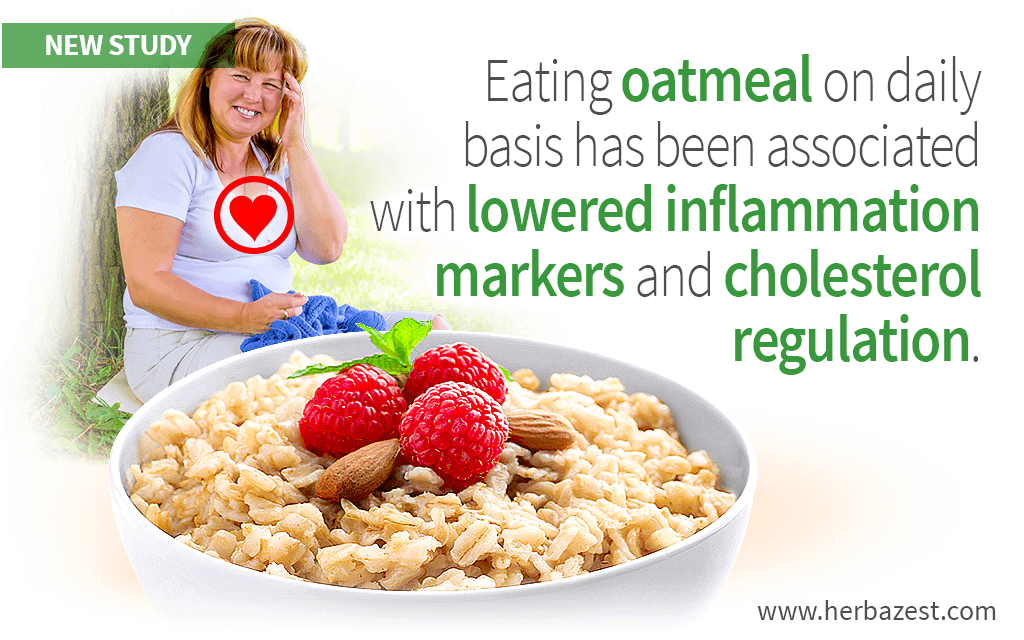As a consequence of bad dietary habits, lack of physical activity, and a stressful lifestyle, lipoprotein disorders have become increasingly common around the world.
Lipids come in a number of types, including fats like triglycerides or steroids like cholesterol. They circulate in the bloodstream with the help of lipoproteins, which are complexes made of lipids and proteins. Low density lipoprotein (LDL), popularly known as "bad cholesterol," tends to accumulate within the arteries and blood vessels. High levels of LDL are the main cause of atherosclerosis, heart attack, and stroke. On the other hand, high-density lipoprotein (HDL), also called "good cholesterol," is responsible for helping remove the excess of LDL, thus preventing the formation of arterial plaque. Triglycerides are the type of fat that the body uses for energy. While triglycerides are key for maintaining energy throughout the day, excessive calorie intake leads to high triglyceride stores in fat cells, which increases the risk of heart disease.
Oats (Avena sativa) are arguably the most popular cereal in many countries, and their health benefits for digestion and disease prevention have been largely investigated. Additionally, the use of oatmeal for inflammation relief (internal and external) has created a huge market of nutraceutical and personal care products. However, this new study aimed to discover how the long-standing tradition of consuming oatmeal porridge affects the body's response to oxidative stress and inflammation caused by lipoprotein disorders.
The Study
This randomized study was carried by a team of researchers from the Department of Nutrition of Mahidol University, in Bangkok, Thailand with the goal of identifying the effects of oatmeal porridge consumption on individuals with systemic inflammation and hyperlipidemia (high levels of lipids in the blood).
The study was conducted on a group of adults with high cholesterol (hypercholesterolemia), who randomly consumed 70 grams of rice or oatmeal porridge (containing 3 grams of beta-glucan) on a daily basis for four weeks. After that period, the group was switched to a different control diet for the following four weeks. Before, during, and after every phase of the study, inflammatory and antioxidant markers were measured.
The status of the following inflammatory cytokines was assessed: high sensitivity C-reactive protein (hsCRP) associated with heart attack, stroke and death; Interleukins 6 and 8 (IL-6 and IL-8) linked to chronic inflammation and autoimmune diseases; TNF (Tumor Necrosis Factor) responsible for regulating infection, sepsis, and autoimmune responses; and the Monocyte Chemoattractant Protein-1 (MCP-1), which controls cellular migration and inflammation responses.
Likewise, antioxidant markers were monitored using the following instruments: Oxygen radical absorbance capacity (ORAC), which measures antioxidant activity of foods within the body; Fluorescence Recovery After Photobleaching (FRAP), a method of evaluating movement and dispersion of cells under a fluorescent microscope; and Malondialdehyde (MDA), a natural reactive compound that indicates changes of antioxidant capacity in the body under highly stressful conditions.
The Results
General inflammation markers were significantly reduced in all of the participants after four weeks of eating oatmeal porridge every day. In addition, consumption of oatmeal porridge also increased antioxidant indicators. No significant changes in MCP-1 and MDA levels were registered during the study.
What Does this Mean?
Consuming oatmeal porridge daily for four weeks has proven effective in reducing most markers of inflammation and oxidative stress in adults with high cholesterol levels. While the benefits of eating oatmeal every day have been popular for a while, this crossover study has contributed to reveal the mechanisms behind the ability of oatmeal to lower cholesterol, which are associated with preventing the onset of cardiovascular diseases.
While oatmeal porridge is arguably the preferred way of consuming this nutritious cereal, other healthy recipes, such as Overnight Oatmeal with Berries, Lucuma Oat Clusters with Peanut Butter and Chocolate, or Maca Gluten-Free Bread, can also provide oats' cardiovascular benefits.
Other herbs known for preventing the buildup of arterial plaque by reducing cholesterol levels are alfalfa, avocado, olive, and walnuts.
Sources
- Asia Pacific Journal of Clinical Nutrition, Oat porridge consumption alleviates markers of inflammation and oxidative stress in hypercholesterolemic adults, 2019




